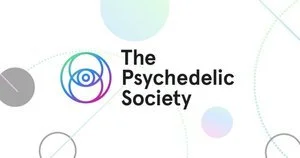The PRF helps people with HPPD through research, support and harm reduction.
What is HPPD?
HPPD (Hallucinogen Persisting Perception Disorder) is an under-researched neuro-psychological condition involving distressing changes to visual perception following the use of drugs, including and especially psychedelic drugs.
The Perception Restoration Foundation promotes and funds research, support and awareness-raising around HPPD.
How do I know if I have HPPD?
Click the link below for pointers on figuring out if you have HPPD!
Why care about HPPD?
Thousands of people around the world struggle with HPPD every day; it may affect as many as 1 in 25 lifetime psychedelic users.
Yet we know little about its risk factors and causes, lack optimal treatments, and the majority of clinicians are unaware that HPPD even exists.
When interest in psychedelics is rising rapidly, it’s clear we need more research and better treatments for HPPD now.
This is where the Perception Restoration Foundation seeks to make a difference.
We’re committed to progress.
The Perception Restoration Foundation is a non-profit committed to organize, support, and fund scientific research into HPPD.
Our donations are distributed to a network of domestic and international scientists at the forefront of increasing our understanding of HPPD and its possible treatments.

HPPD Research is happening now!
-

Multi-Modal Imaging Study
We have helped Macquarie University launch a ground-breaking study into the Neuro-Physiological mechanism behind HPPD.
-

HPPD Screening Tool
We’re working with the University of Melbourne to develop an online psycho-physics screening tool that may detect unusual features of people’s visual perception, and whether they may be at higher risk of HPPD with drug use.
-

In-depth HPPD questionnaire study
The Foundation’s Ed Prideaux at the University of East London has launched an in-depth questionnaire on HPPD to better understand the drivers of distress and guide treatments.
























